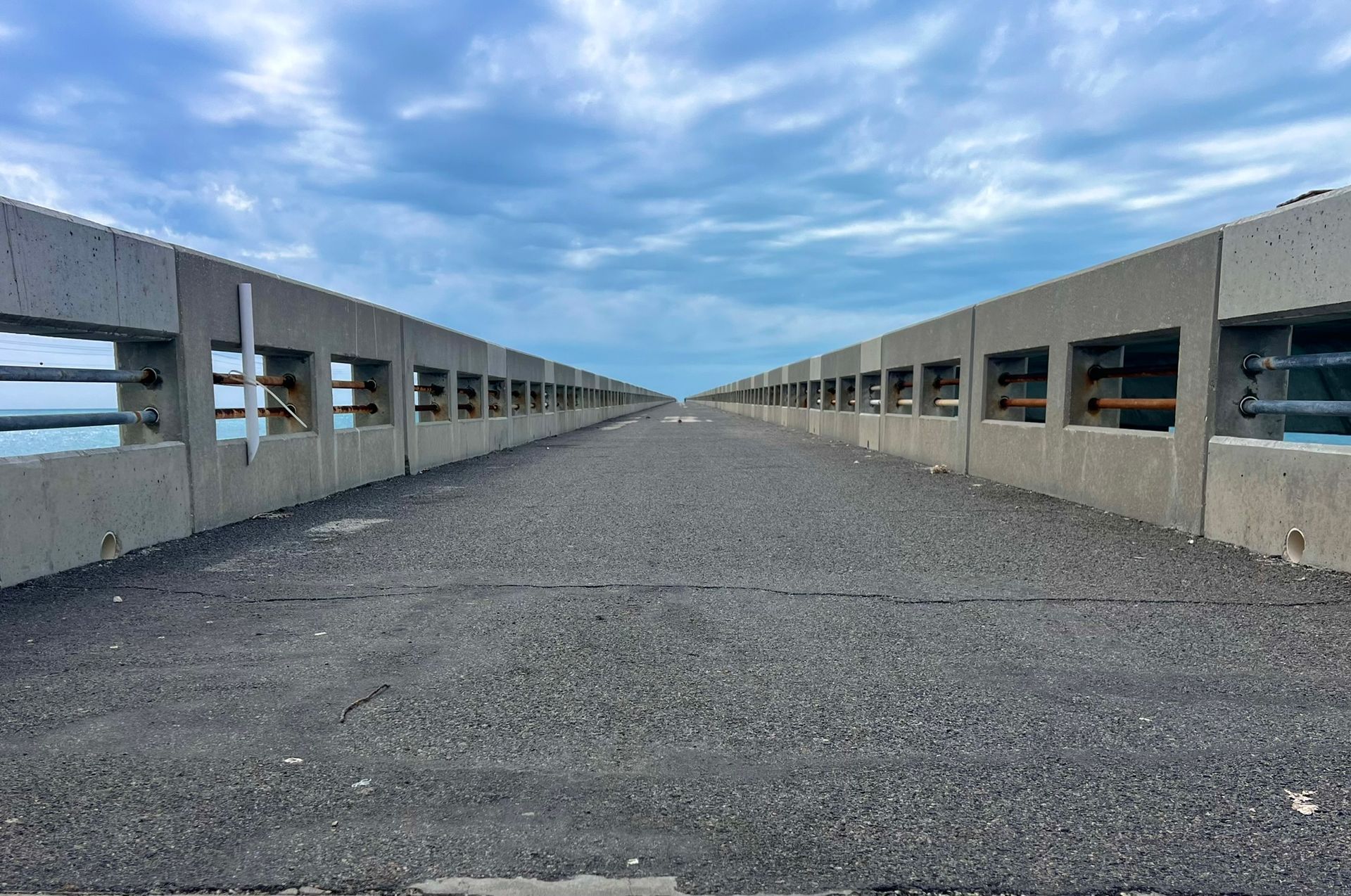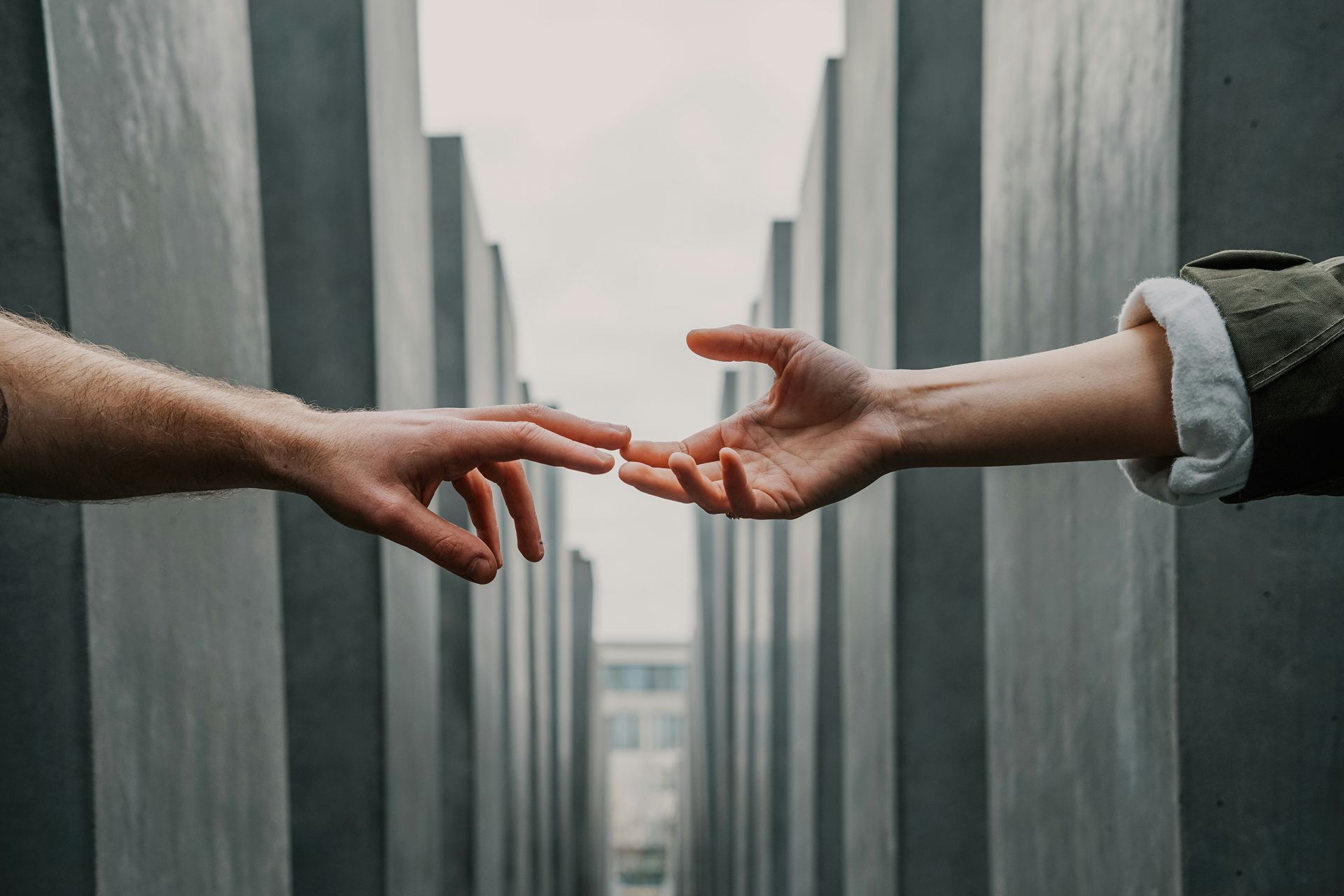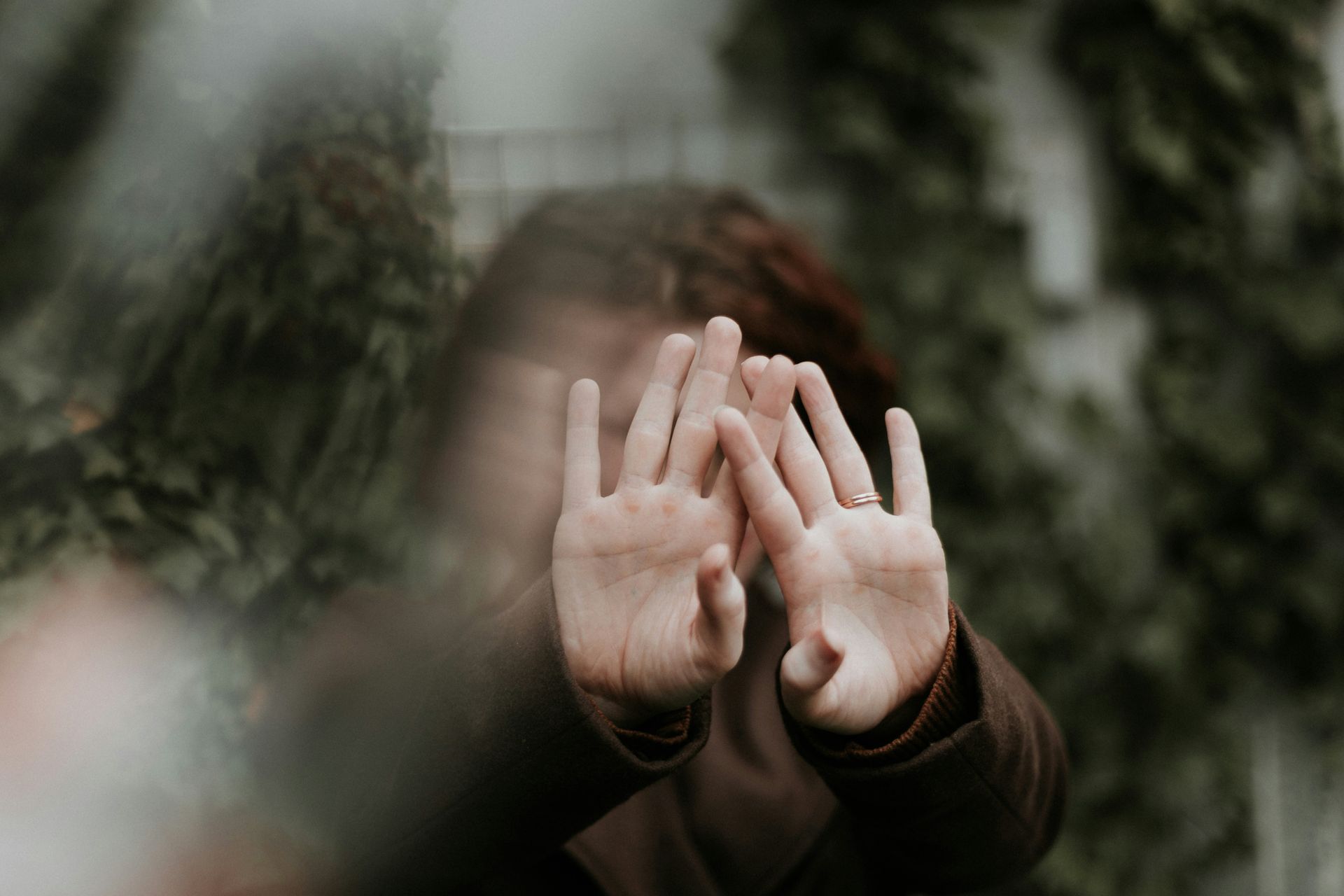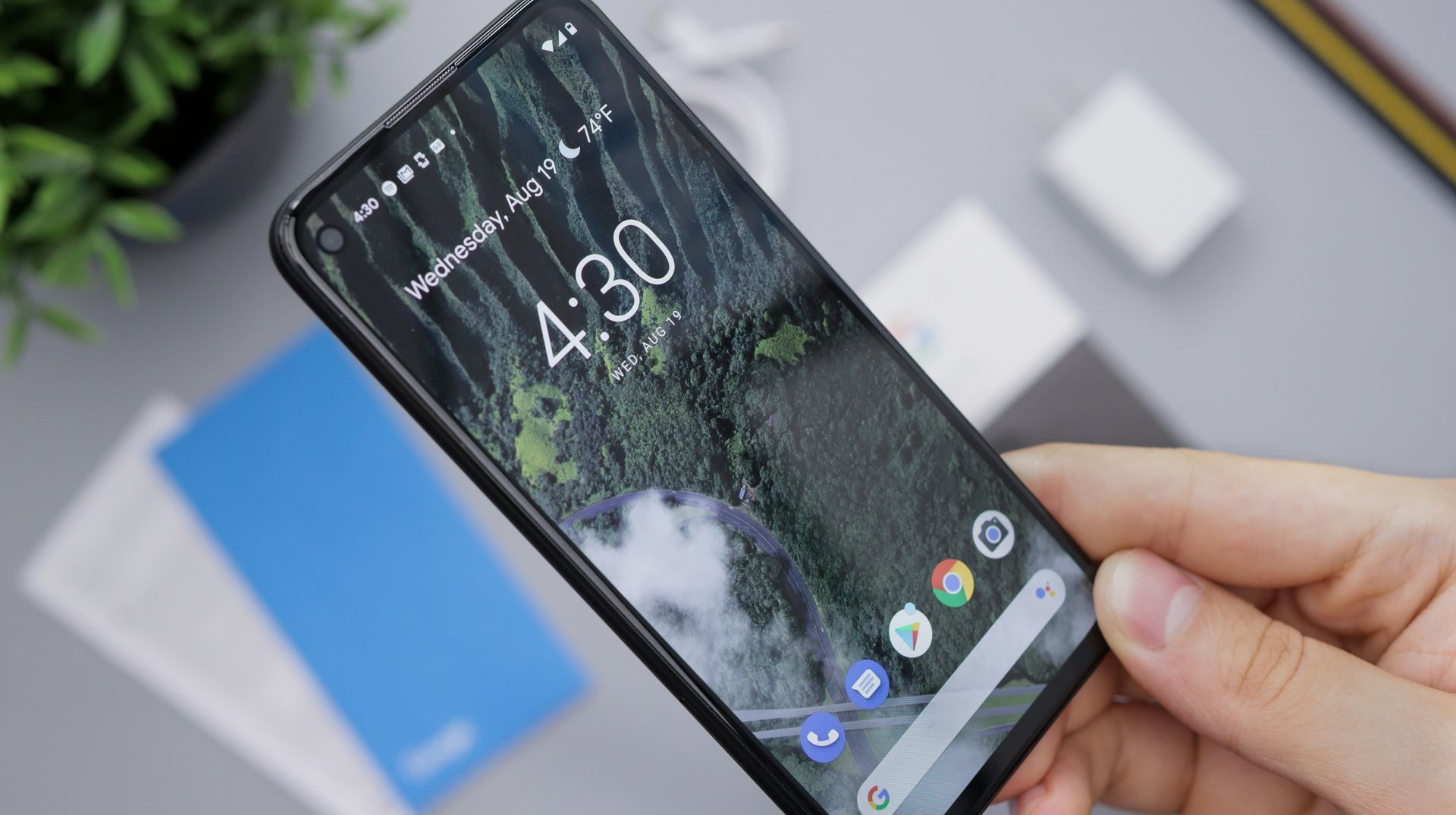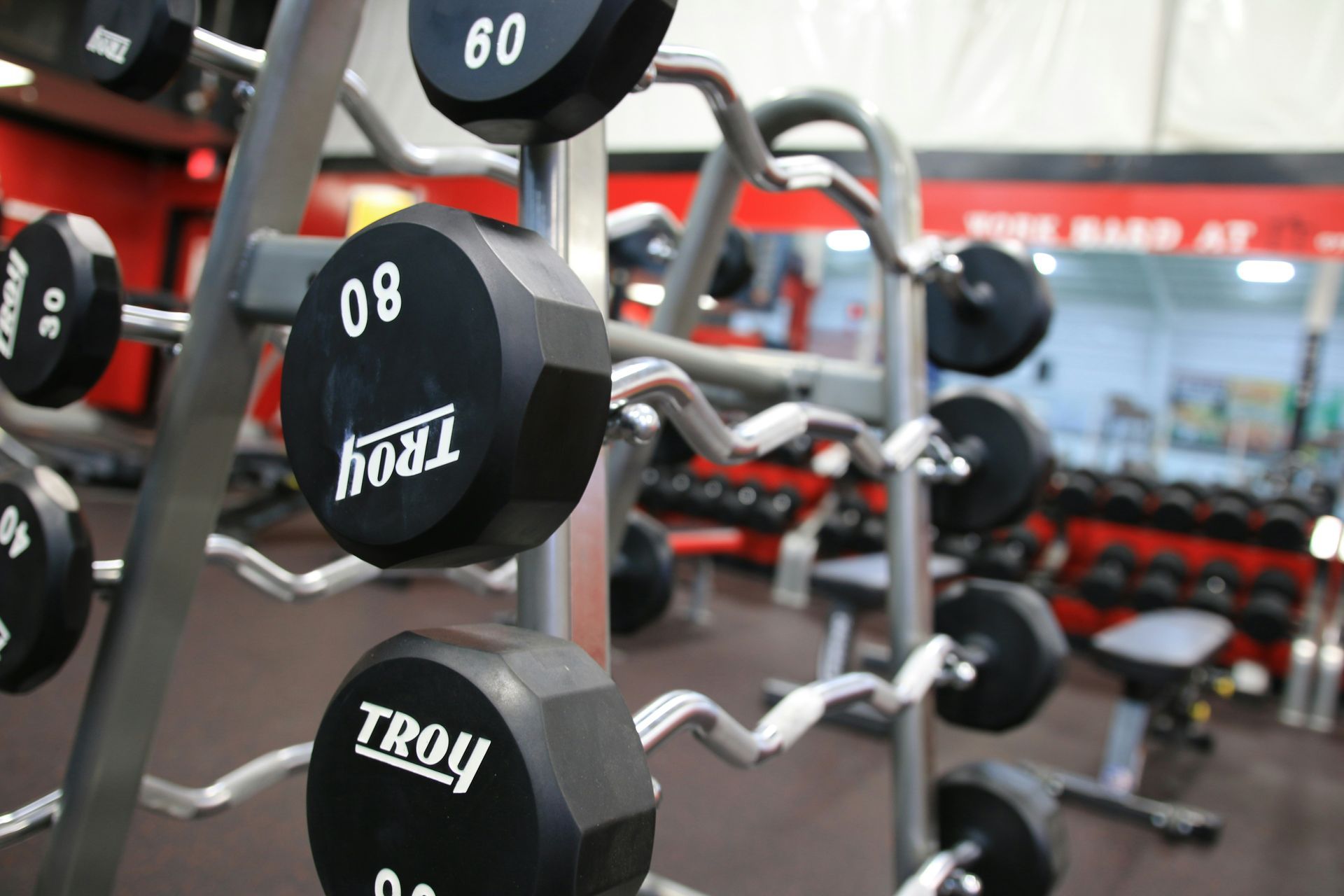Hold Me Tight Teaches the Value of Vulnerability
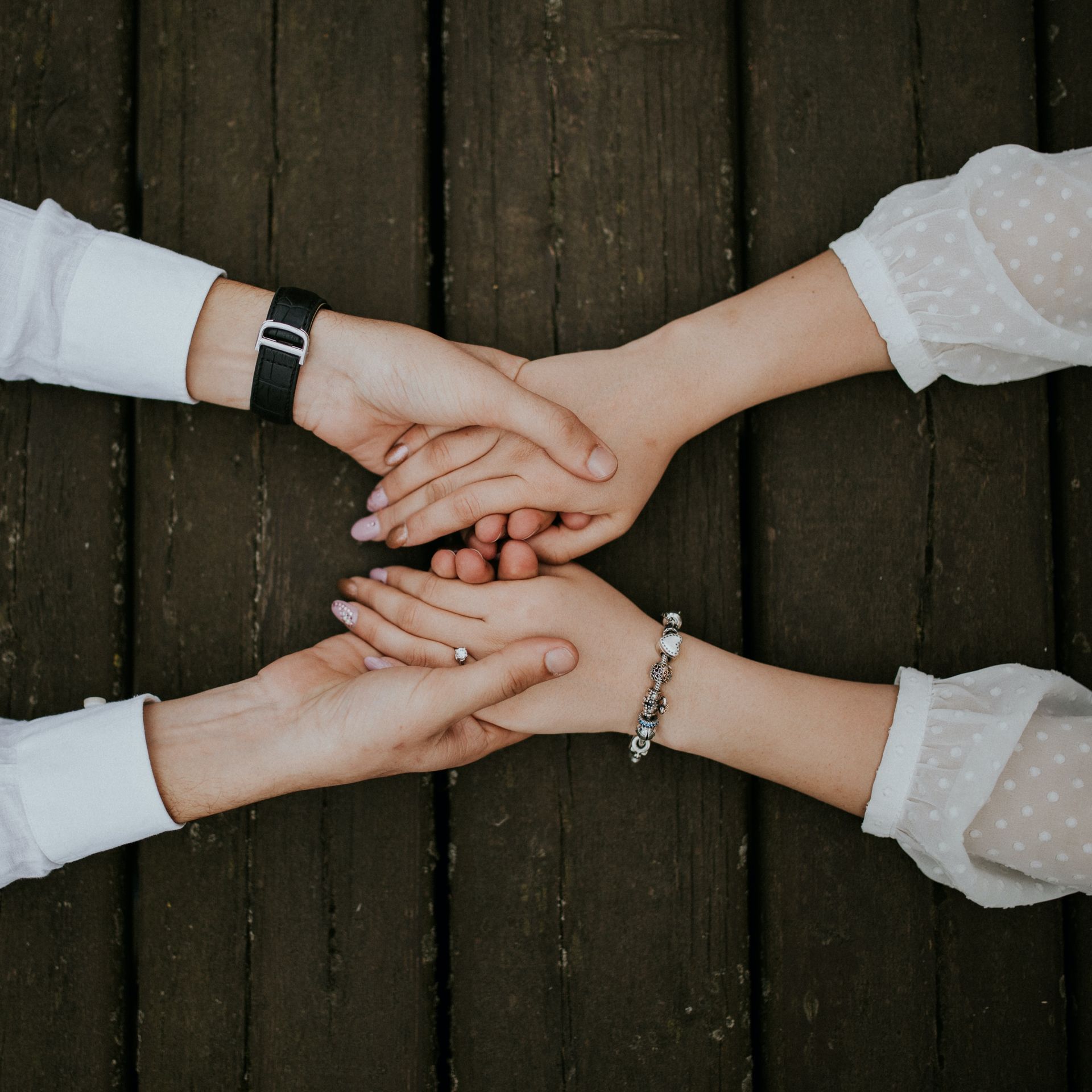
Let’s talk about vulnerability. Now, there’s a broad topic. If you Google it, you’ll come up with about 976 million hits. You can talk about physical vulnerability, economic vulnerability, environmental vulnerability, even military vulnerability, just to name a few. The vulnerability that most impacts couples is emotional and it is one of the most crucial elements of a healthy love life. It’s also one of the places we go in a Hold Me Tight®️ couples retreat. Emotional vulnerability can literally transform a relationship.
Emotional vulnerability can be intimidating and, by definition, risky. It's about revealing our inner world, the parts of us we don’t often show (and, sometimes, don’t even know until we slow down and look). It’s easy when we’re happy, grateful or excited. Positive emotions don’t intimidate us. It’s a different matter, though to reveal fears, needs, hurts or loss. Negative emotions might incite our partner’s anger or judgment. Being rejected or abandoned, especially by one we love and depend on is one of our most primal human fears. Emotionally speaking, it’s tantamount to death. That’s why emotional vulnerability is such a heavy lift.
We All Need a Safe Connection
All humans seek a close, safe, dependable bond with someone on whom we can depend to be there for us, to see us, value us, trust us, accept us unconditionally, believe in us and care for us. From cradle to coffin, we are searching for that safety. As infants, we get it from parents or other caregivers. Indeed, we need it to survive. As adults, we seek that safety in a spouse or significant other. Safely connected, we relax, feel safe and thrive. This is how attachment science defines love. Closely bonded, we are resilient, courageous and creative. We are our best self.
Without that connection, if we can’t find it or fix it, we struggle. We pay a steep price emotionally. Trying to cope, we might develop anxiety, depression, addictions or other deficit behaviors. We become angry, critical, clingy, insecure or all of the above. Indeed, that disconnection is traumatic. We suffer, alone and as a couple.
What do we do about it? I’m glad you asked.
Hold Me Tight®️ Teaches New Moves
That’s what happens in a Hold Me Tight®️ couples retreat. In two days of learning and interacting, first, couples learn to understand why we seek that seek that safe connection, but also, what our endless cycles of conflict are all about. Whether we rage or retreat in conflict, whether we pursue our partner or withdraw, it’s really all about seeking that safe connection we all need in order to be and do well. And vulnerability is an indispensable part of getting there.
In conflict, we may come across to our partner as angry and aggressive, but on the inside, we’re frightened or sad. We may pull away and go silent, when inside we feel like a total failure and so, hide it. We all have our inner, insecure parts that we really don’t readily show or share, much less to the one we love and need most.
Vulnerable is Valuable!
At Hold Me Tight®️ we help couples makes sense of this and understand that vulnerable is valuable. It’s where relationships heal. It draws us closer. And the other side of that coin is empathy—accepting our partner even when they share the hard stuff—empathy makes vulnerability worth the risk.
Couples in distress are almost always guarded, distant and protecting themselves. Vulnerability is long gone. Empathy is seldom seen as well. Couples willing to learn and practice these two powerful moves can change the very landscape of their love. They can create a resilience and strength to weather any storm. This is why Hold Me Tight®️ is such a powerful model. We don’t just talk about these skills. We practice them, on site, in real time. Couples leave different, stronger, better equipped than when they came. And these changes can last a lifetime.
Vulnerability and empathy are relationship game changers! But, don’t take my word for it. Get in on a Florida Hold Me Tight®️ couples retreat. Our next one is next month. Seating is limited so sign up today!
- Get to know Vicki and Mark
- Sign our convenient contact form
- Get ready for a transformational experience!
Have a Safety Plan

